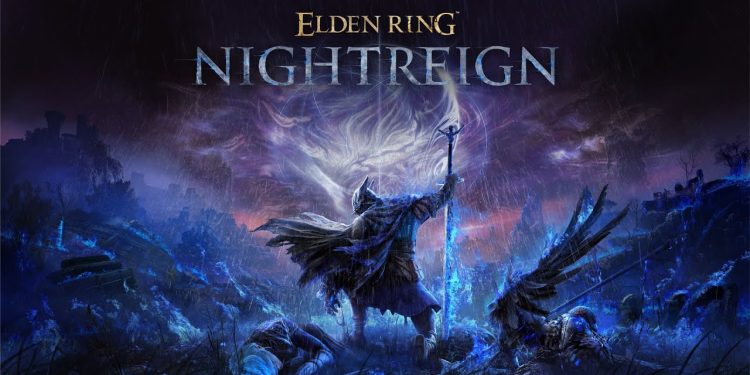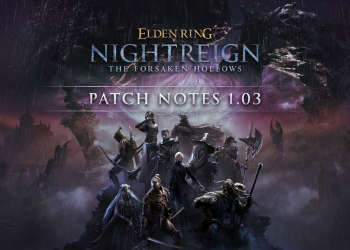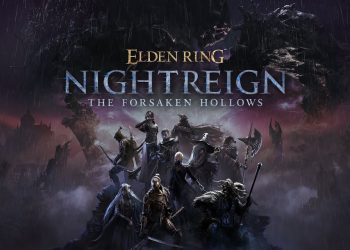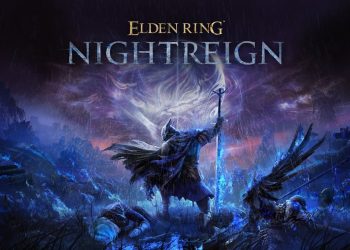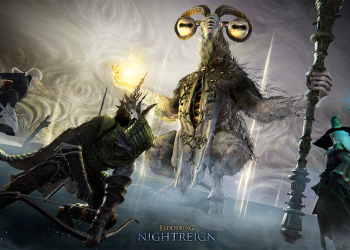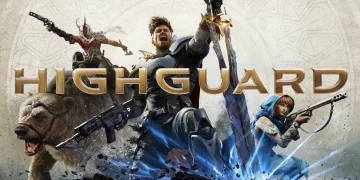FromSoftware has never shied away from challenging expectations, but their latest twist with Elden Ring: Nightreign is bound to stir up some conversations. Announced as a spin-off to the critically acclaimed Elden Ring, this upcoming title brings sweeping changes to the familiar formula. From removing the beloved player message system to altering core mechanics, the game is shaping to be both an homage to and a departure from its predecessor.
Goodbye to Messages, Hello to Ghosts
One of the most cherished features in Elden Ring was the ability to leave notes for fellow adventurers, be they genuine tips or cheeky pranks. However, Nightreign is bidding farewell to this iconic system.
Director Junya Ishizaki explained the rationale behind this decision in a recent interview with IGN Japan:
“You can still see the ghosts of other players, but the ability to leave messages has been removed. The reason we removed the message feature is that in this game, where each session is about 40 minutes long, there is no time to write your own message and no time to read messages written by others.”
While it’s understandable from a gameplay flow perspective, the absence of messages leaves a gap for fans who thrived on the community-driven camaraderie that these notes brought. Whether it was a cryptic “Try jumping” or a heartfelt “Praise the sun,” these interactions added a unique layer of personality to the world.
Another major departure is how Nightreign handles enemy respawns, or rather, how it doesn’t. Defeated foes will not return when players rest at a Site of Grace. Ishizaki hinted that this change aligns with the game’s “compressed RPG” approach, where sessions are shorter and more tightly structured.
While this might disappoint fans who enjoyed grinding for resources or re-challenging particularly tough foes, it introduces a new layer of strategy. Each battle is now a more finite resource, raising the stakes for every encounter.
Elden Ring: Nightreign isn’t just tweaking gameplay mechanics; it’s also carving out its own narrative identity. Positioned as a parallel world to Elden Ring, the game explores an alternate timeline where the events of the Shattering War diverge significantly. Ishizaki emphasized that this decision was made to respect the original story while offering players a fresh experience.
This parallel universe concept opens up intriguing possibilities. With eight unique playable characters, each with their own backstory and combat style, players can expect a richer, character-driven narrative. Fans can dive into these tales through the “Hidden Roundtable,” a hub area designed to delve deeper into each character’s lore.
In perhaps the boldest shift, Nightreign is designed with a three-player co-op at its core. While solo play is technically possible, the game’s systems and challenges are tailored for trios. Ishizaki explained that three players balanced collaboration and individual agency, ensuring every participant feels integral to the experience.
This change is a clear departure from Elden Ring‘s solitary journey, inviting players to explore a new kind of teamwork-driven satisfaction.
With its focus on tight, session-based gameplay, Nightreign aims to deliver an “RPG experience in 40 minutes.” This format, inspired by speedrunning culture and optimized play styles, reflects FromSoftware’s willingness to innovate within its well-established framework.
While some fans may lament the removal of familiar features, Nightreign’s bold choices showcase a studio that continues to push boundaries. Whether these changes resonate with players remains to be seen, but one thing is clear: FromSoftware is confident in their vision.

